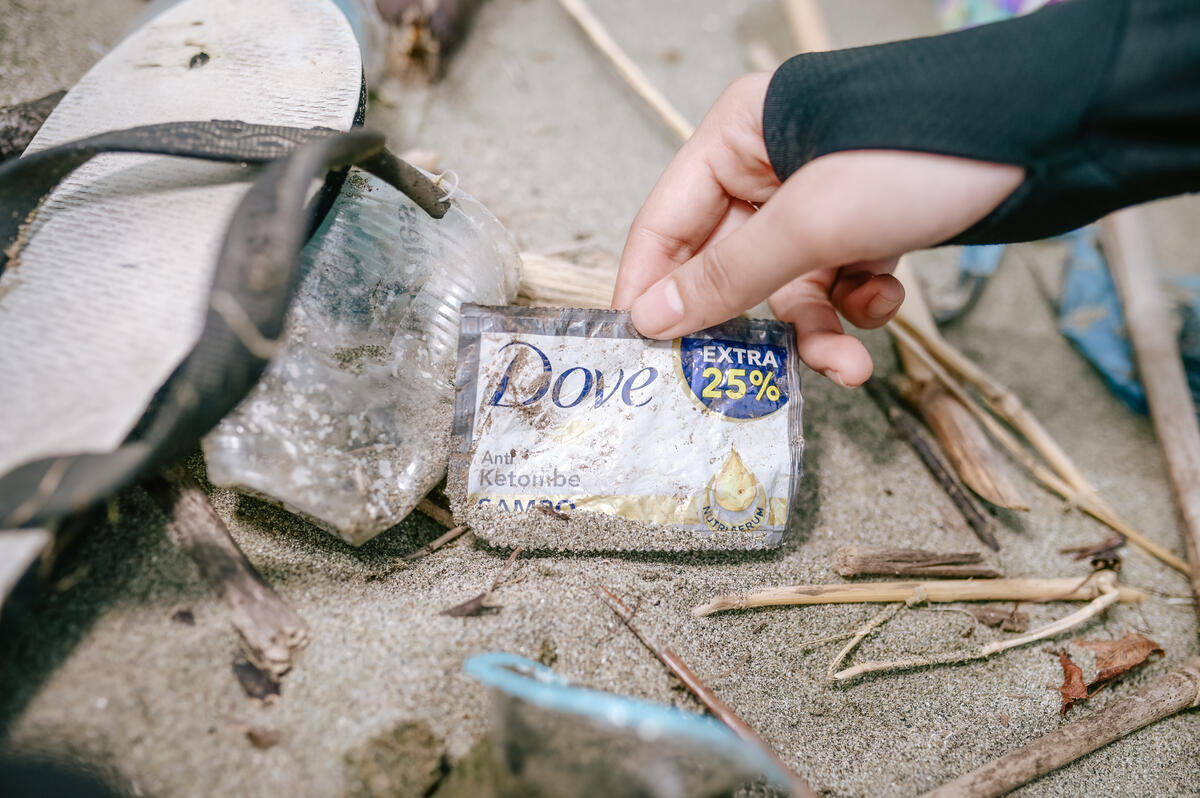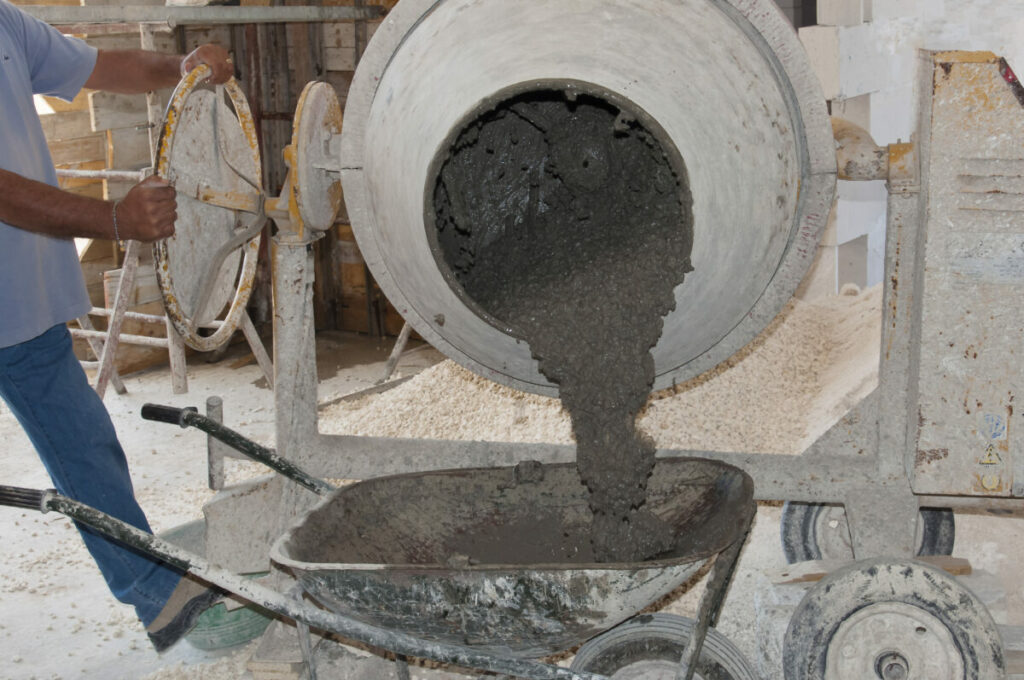Unilever is selling 1,700 single-use plastic sachets every second, according to new figures released by Greenpeace, which is urging the consumer goods giant to phase-out single-use plastic within the next decade.
An estimated 6.4 billion sachets were produced by Unilever signature health and beauty brand Dove alone in 2022, making up over 10% of the parent company’s total sachets sales.
Greenpeace Philippines campaigner Marian Ledesma said that every single Dove sachet found on Philippine beaches and waterways should be a “badge of shame” for the brand and Unilever.
“Each sachet represents the enormous health risks, environmental degradation, social injustices and climate impacts caused by plastic production and the plastic life cycle,” she said.
Subscribe to Sustainability Beat for free
Sign up here to get the latest sustainability news sent straight to your inbox everyday
The report also looks at Unilever’s progress towards meeting its own plastics targets and its efforts in switching from single-use plastic to reusable solutions.
Despite pledging to halve its use of virgin plastic by 2025, Greenpeace analysis reveals that company looks set to overshoot this target by nearly a decade to 2034. The FMCG brand is currently exploring refill and reuse solutions in an “effective, convenient and affordable way” for consumers, but the Greenpeace report says it’s not enough.
The new analysis suggests that at the current pace, it would take until beyond the year 3000 for 100% of Unilever products to be reusable.
Greenpeace is now calling on Unilever to phase-out single-use plastic from its operations and transition to reusable options within the next 10 years, starting with what it calls the “worst offenders”: plastic sachets.
Greenpeace is also urging the company to advocate for this same level of ambition at the ongoing UN Global Plastics Treaty negotiations and to back a treaty which caps and phases down plastic production by at least 75% by 2040.















